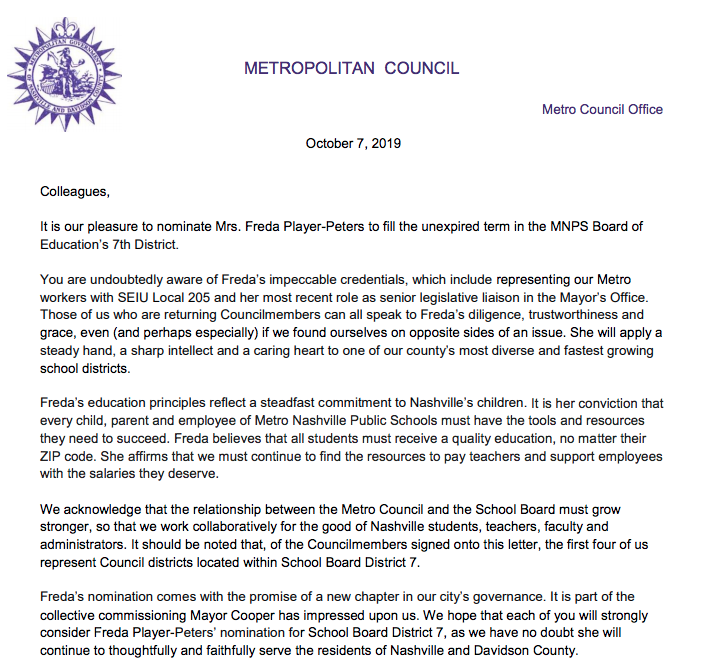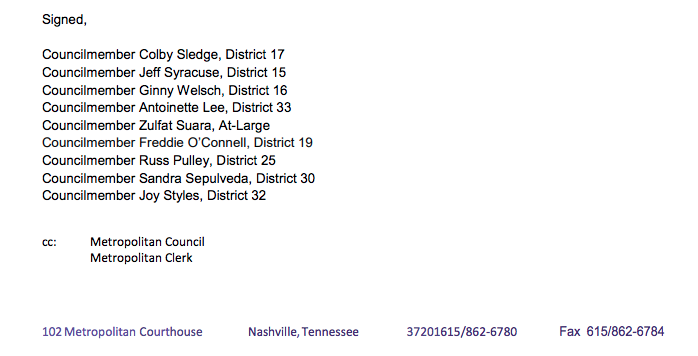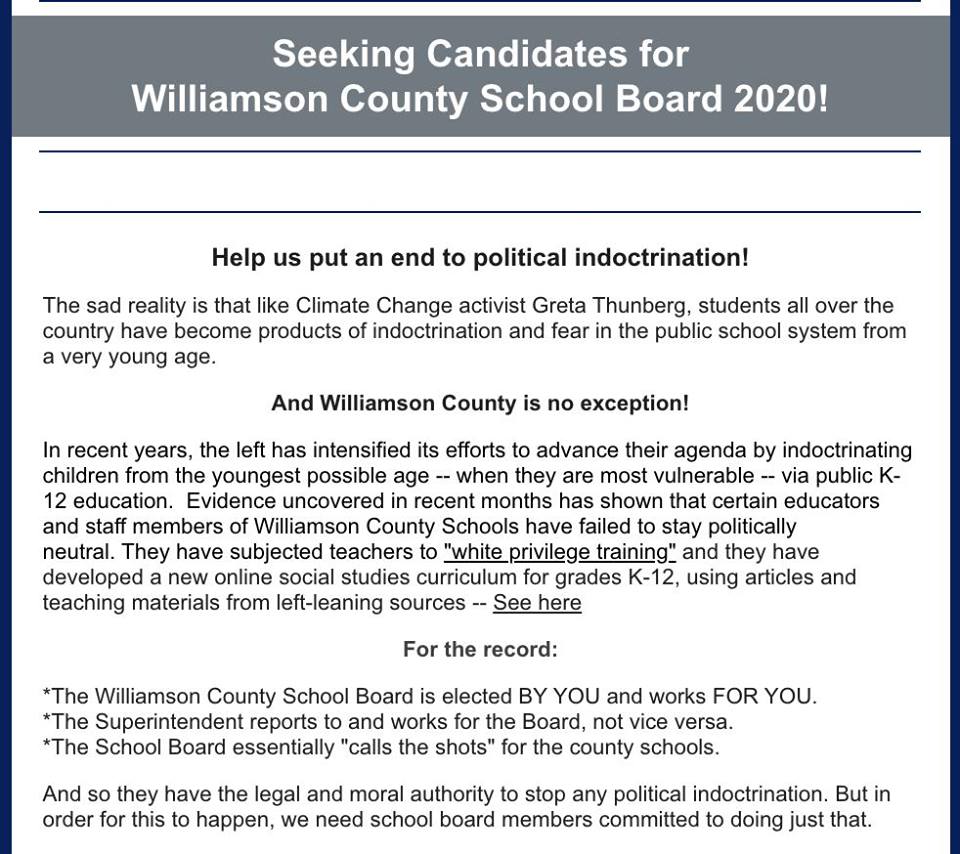An effort to repeal Governor Bill Lee’s signature legislative initiative — vouchers — is gaining some support. Frank Cagle offers his take on this effort and on those who constantly criticize public schools (which is much easier than actually funding and supporting them):
I suspect that most of the critics of public education have not been near a public school since they graduated from one. You won’t find the critics running the concession stand on Friday night to raise money for the school. They won’t be out selling coupon books to keep the lights on. I doubt they personally know a teacher who spends her own money to buy school supplies for her classroom. In Tennessee, railing against the abstract notion of union-corrupted government schools is a paranoid delusion.
He might be talking about Governor Bill Lee here — you know, that guy who wears plaid shirts and pretends to care about rural Tennessee while taking money from public schools.
Cagle also warns against the dangers of “crony capitalism:”
A conservative should be wary of public money and public regulations coming to private schools. A conservative should also be wary of crony capitalism in which public money is handed over to private schools. I would urge you to spend some time on the internet examining former Florida Gov. Jeb Bush and his buddies who operated for-profit schools on the taxpayer’s dime.
The real question: Will any so-called conservative legislator actually take Bill Lee on and stand up for our public schools?

For more on education politics and policy in Tennessee, follow @TNEdReport
Your support — $5 or more today — helps make reporting education news possible.









